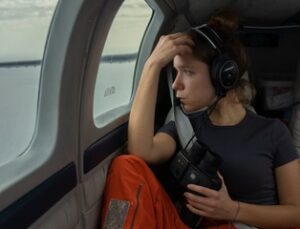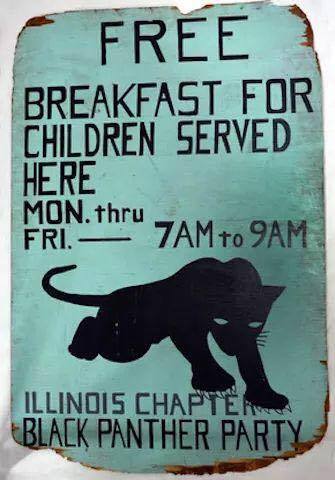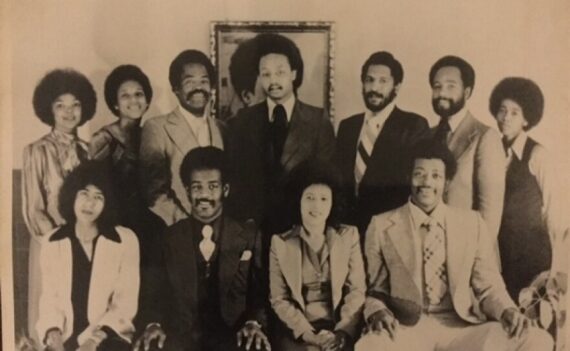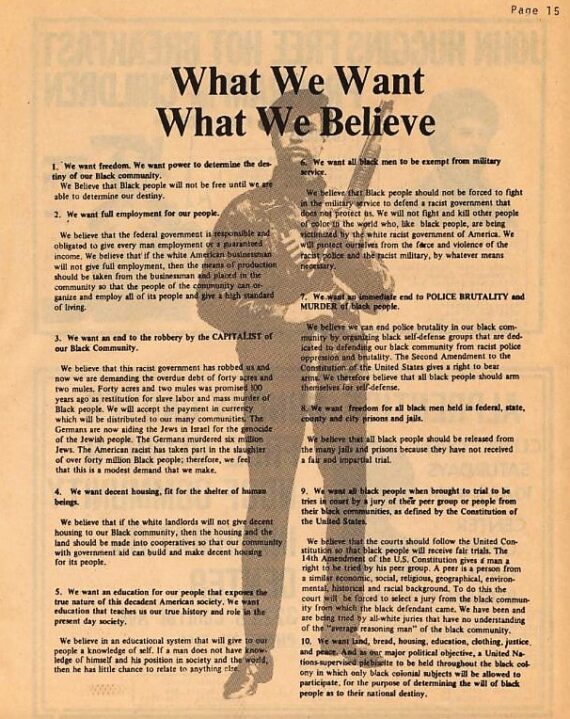On the morning of April 12, 2023, a 26-meter ship cut crisply through the waters of the Mediterranean with 800 people on board. Keeping an even keel, her skipper made for the Sicilian port of Catania where she docked, to the wonder and celebration of her passengers. Visible on her bow through a thin coat of paint, the ship’s name read “Kefah 1” or, “struggle.” The Kefah 1’s arrival marked the last in a spate of border crossings from Libya on that Easter weekend. But unlike the rubber dinghies and rotting trawlers that usually made the passage, she was a fair ship: a dazzling blue and white with a fine bridge and two radar antennae. To the Italian police authorities gathered on the quay, she looked uncannily familiar. It soon emerged, to public scandal, that years earlier, the ship had been part of the civil rescue fleet, employed by European activists and humanitarians to rescue migrants 2 attempting the passage to Europe. [Continue reading here…]
Monthly Archives: February 2024
The civil rescue operations in the Mediterranean lie at the intersection of cooperative practices and governance. They represent a microcosm of cooperation in the interstices of and against the violence of the state. Just like the Black Panther Party in the previous seminar, these civil society initiatives constitute a form of governing. [To continue, read here]
Making and consuming food is, inherently, a cooperative activity. These acts derive much of their power from being a communal activity. This had such resonance in the Black Panther Party’s work. The Free Breakfast for Children program fulfilled specific needs: of feeding children and getting them to school. But it was also the choice of food, how the Panthers sourced the food, who made the food, and everything that happened during and around eating: homework help, Black history, and the mentoring from young, smart people in the young childrens’ community. And the amount of coordination — and cooperation! — that had to occur to actually run the breakfast program was astounding. [Continue reading here…]
The foundation for a conversation about the Black Panther Party’s social programs should begin with the Ten Point Platform and Program. Almost all of the programs began with an innovative example that then became part of sustainable community programs, like churches, hospitals and other non profits. Some of the programs like the Free Breakfast for Schoolchildren Program were actually community organizing tools because local residents were hosting kids in their homes, pastors in their churches etc. [Continue reading here…]
When we tell the history of the Black Panther Party for Self-Defense, we often focus on the open carrying of guns and the armed police patrols. That was spectacular. It is what propelled the Black Panthers into the national spotlight—especially the confrontation at the California statehouse in Sacramento on May 2, 1967. But what receives less attention is that, at the very moment the Black Panther Party emerged in October 1966, it came to life with a mission focused on community service and cooperation: a ten-point platform and program focused on combatting poverty in African-American communities. The platform demanded social and economic rights, including full employment, housing, food, education, land, clothing, as well as justice and peace, and very quickly cooperative community programs were put in place for child and adult nutrition, education, health and welfare. Community service and cooperation were central to the mission. [Continue reading here…]





